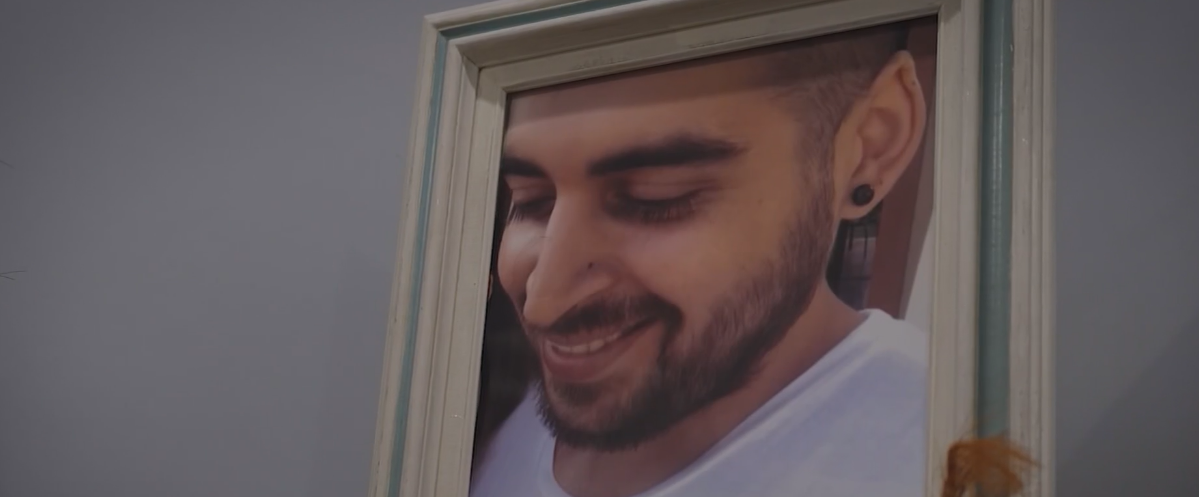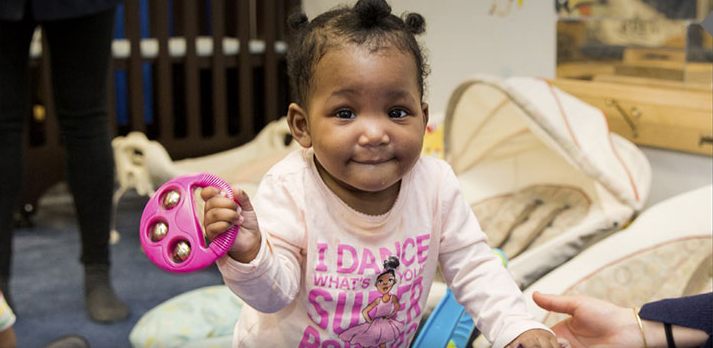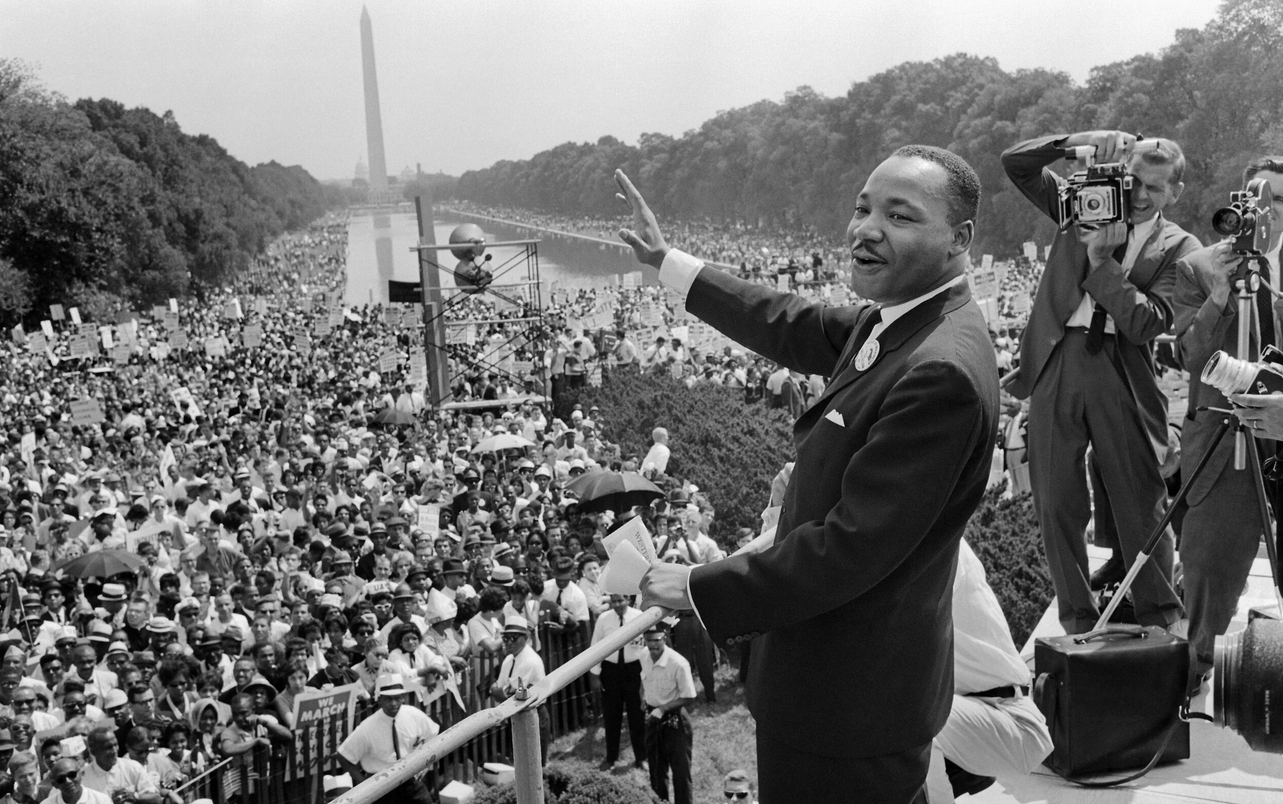NYPD Commissioner Bratton — tell the whole truth; not half
This week, NYPD Commissioner Bill Bratton’s claim that no “systematic abuse” of minorities is being “condoned” by NYPD brass is another example of the troubling dishonesty plaguing the discourse regarding racial policing in New York, and elsewhere.
Does the commissioner really expect Black New York City residents to just accept this assertion when all the evidence contradicts him?
On Tuesday, Commissioner Bratton attended the Queens AME Church’s Black History Month Award Breakfast. Several African-American political figures were in attendance, including former Governor David Paterson and U.S. Representative Gregory Meeks.
Mr. Bratton, who was the keynote speaker made some important admissions regarding the brutal history African-Americans have had with police. In this regard we are on the same page as The Black Star News recently urged him to follow FBI Director James Comey’s frank Feb. 12 comments at Georgetown University, with his own.
But sadly, Bratton also made the shocking statement that police abuses aren’t “systematic” and aren’t being condoned.
“It is not systemic in the sense that we don’t condone it,” Bratton said. “It is not a matter of policy. It is not a matter of law.”
This problematic denial just doesn’t square with the reality of police profiling practices like “Stop-and-Frisk—and, more importantly, “Broken Windows”—which is championed by Commissioner Bratton.
Moreover, even the NYPD’s own statistics is at variance with this curious contention of Mr. Bratton.
NYPD statistics, relative to the Stop-and-Frisk program, show Blacks and Latinos were stopped 90 percent of the time—while Whites are stopped less than 10 percent of the time.
However, the same data from the NYPD shows that although they were stopped at a much more miniscule rate, Whites were found more times than Blacks and Latinos, not only with drugs—but with guns as well. Yet, the NYPD never seems to have decided to stop more White people—which would seem to be the logical conclusion given these figures.
So just because there is no memo that exists condoning racial profiling doesn’t mean it wasn’t policy. The mere fact that under Mayor Bill de Blasio stop-and-frisk statistics plunged dramatically confirms that racial profiling of Blacks and Latinos was not only condoned but was policy.
We also know that the NYPD arrests more Blacks and Latinos for marijuana arrests—even though Whites use marijuana at similar, or, higher rates. If there is no “systematic” targeting of African-Americans, how does the commissioner explain these facts? Coincidence?
Unfortunately, while we have denounced individual cops for their brutish bigoted behaviors—and itchy trigger-fingers—not enough attention has been paid to those at the top of the command who craft police policy. Killer cops, like Officer Daniel Pantaleo and Officer Darren Wilson, should be denounced for their murderous actions. But what about the police policies that put these cops on a collision course with those they kill?
The pressure to procure quotas, under “Broken Windows,” had just as much to do with the death of Eric Garner as did the chokehold that was applied by Officer Pantaleo. The same is true regarding the death of Sean Bell and Amadou Diallo. In all these cases, those cops in trying to fulfill the mandate given them by NYPD superiors –regard African American males as suspects first and see if you can arrest them– ended up killing innocent Black men.
If African-Americans aren’t being singled out, why don’t these tragic deaths happen in areas where White people live or work? How many White males have been strangled to death like Garner or Anthony Ramon Baez?
Why haven’t we heard of anything like this happening anywhere around that den of thieves know as Wall Street? Why no “Broken Windows” there?
Given this, how can the commissioner tell us Black people aren’t being targeted systematically?
During the commissioner’s address, he made several significant admissions including connecting Slavery, and Jim Crow to how Black America is policed.
“Many of the worst parts of Black history would have been impossible without police, too,” Mr. Bratton said. “Slavery, our country’s original sin, sat on a foundation codified by laws enforced by police, by slave-catchers.”
The commissioner also referenced the July 16, 1964 killing of James Powell, an African-American teenager, by NYPD Lieutenant Thomas Gilligan.
“An NYPD lieutenant shot and killed a 15-year-old African-American boy in Yorkville. The killing ignited six nights of riots in Harlem and Bedford-Stuyvesant and half a decade of urban unrest in cities across the country,” Mr. Bratton said.
These admissions are necessary—but don’t go far enough.
During his speech, the commissioner acknowledged that NYPD officers are “often abrupt, sometimes rude, and that’s unacceptable.” But how can New York City expect better of rank-and-file officers when PBA President Pat Lynch behaves in such a bellicose manner; no better than a schoolyard bully and even preposterously linking an elected mayor to the murder of two NYPD officers?
What kind of message does it send to regular officers when Lynch, a supposed leader of a police union acts no better that a thug and ignoramus?
Mr. Bratton complained that cops deserve respect too and decried the fact that “When protesters chant, ‘What do we want? Dead cops,’ we have gone too far as a society.”
While we agree with this sentiment, the commissioner—and all police officers—should be reminded that respect isn’t a one-way street. If NYPD officers want all people to respect them maybe they should start by respecting the rights, and humanity, of all—including Black people.
I don’t recall many denunciations of Lynch when he said Pantaleo did exactly what he was trained to do when he strangled Garner.
Every NYPD officer should aspire to really live up to the motto of “courtesy, professionalism and respect.”
The venom many African-Americans feel for cops is a reaction to the racist brutal actions they face every day from police officers. Black people are no more criminal than anyone—even though they have been labeled as a criminal class by White America and her police. The commissioner, in his remarks, alluded to Dutch colonialist Peter Stuyvesant and the hostile historical connection between African-Americans and police.
This is why it was shocking for him to claim that, somehow, there is now no “systematic” targeting and “condoning” of racial policing in the NYPD, ignoring the very history which he alluded to.
For decades now, the NYPD has been justifying their racist attacks on Black people by saying crime statistics warrants the over-policing in Black communities. But people are now seeing through the devious deception used in manufacturing these statistics.
Now some, like the mentally deranged former Mayor Rudy Giuliani, like to talk about the “Black-and-Black” crime in the community, as if this is some strange pathological phenomena unique to Blacks. In part because of racial segregation, all racial groups in America are overwhelming victimized by those from within their group. The same is true for White America.
If the obtuse former mayor wants an historical analogy no group will ever exceed Nazi Germany when it comes to White-on-White crime. And for Giuliani’s information, Black soldiers participated in the war to end that genocidal crime.
However, dishonest politicians, like Giuliani, twist statistics in furtherance of their racist agenda. At this very moment, this man—who is in serious need of medication and a psychiatric examination—is using his racist invective to accuse President Obama of not “loving America” and no having been raised like “you and me”; clearly he is not referring to Black Americans in his “you and me.”
The same tactics these conniving charlatans use to criminalize Black people is being used to bastardize America’s first Black president; who would not be president by the way had it not been for millions of Whites who voted for him and not for Giuliani.
None of this is to say there aren’t criminals in Black communities. But the truth is: much of the worst incidents of criminality in these neighborhoods are a consequence of the economic warfare that has been waged to create the desperately dangerous conditions that those who engineer it pretend to care about.
Fifty years ago when White unemployment was at 5% in the African American community it was over 10%; as of December unemployment in the White community was 4.8% and in the African American community over 11%.
Isn’t it interesting that those who claim to be trying to help Black communities by flooding them with White cops never talk at any serious length about the economic issues that create the crime they give lip-service to wanting to reduce? Mayors and police commissioners like reeling off figures about crime statistics, why don’t they ever brag about reducing unemployment in Black neighborhoods?
Why don’t they ever say anything about generating jobs for young men in these communities? Why don’t they ever talk about investing in vocational programs, and the like, if they are so interested in the welfare of Black people?
Commissioner Bratton needs to take responsibility for the fact that NYPD’s quota policies—whether it is “Stop-and-Frisk or “Broken Windows”—are the very instruments police use to systematically target and economically punish those who are already at the bottom of the economic ladder.
The racial policing problems in the NYPD is not one of a “few bad apples” as Mr. Bratton seems to be inferring. Racial policing in the NYPD is systemic.
To change it we must first have the courage to admit it.
Commissioner Bratton shouldn’t speak half-truths; he should tell the whole truth.








